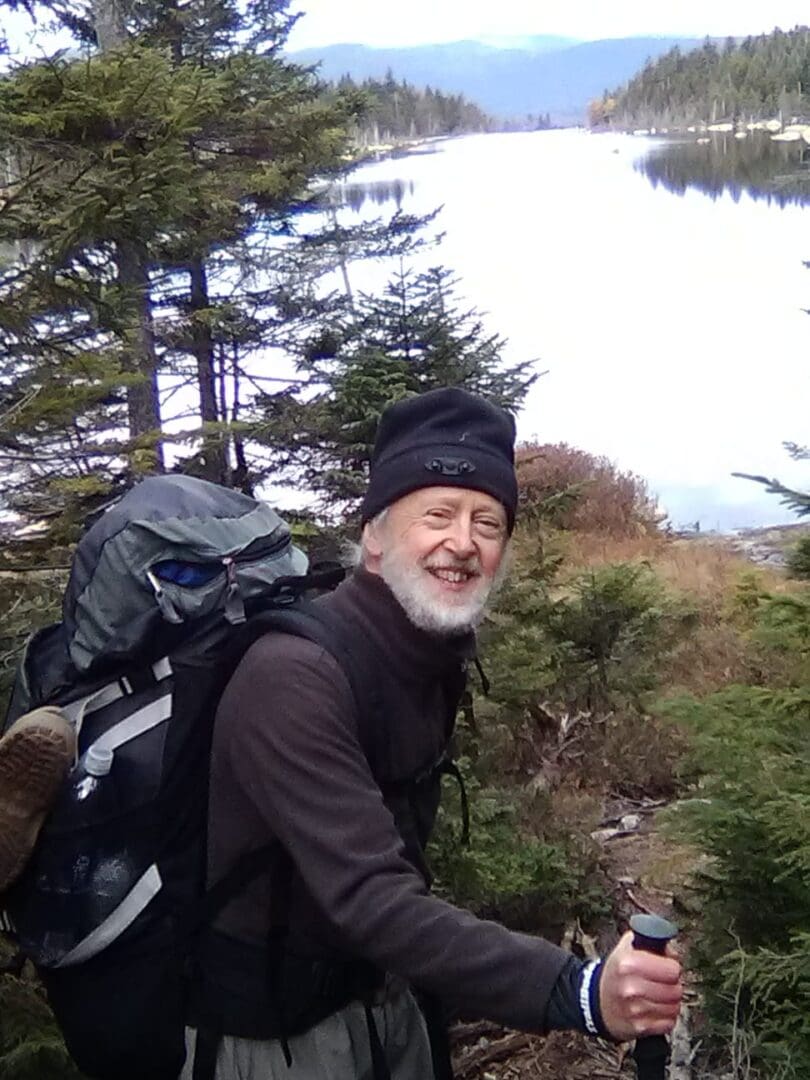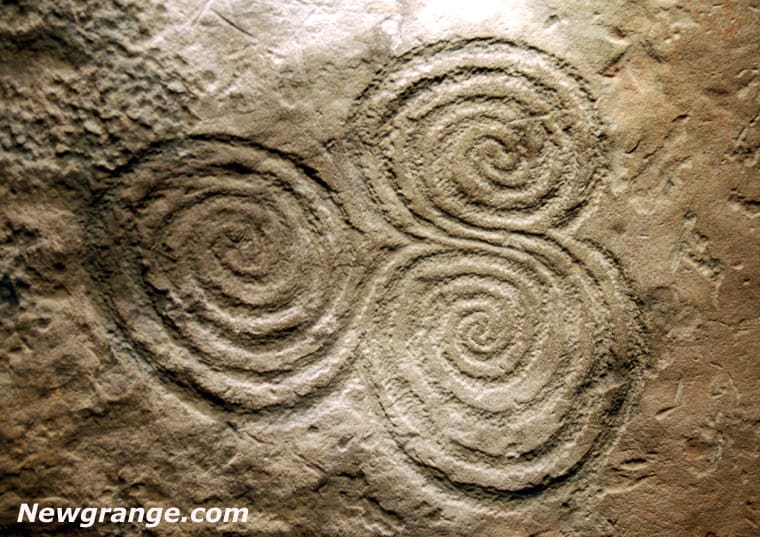
Old Man in Retirement
A couple of weeks ago Alan and I discussed the poems of Muso Soseki, a 13th century Japanese Zen teacher, with the Sky Flower sangha, and we’ve been tossing one of them back and forth since then. It’s called “Old Man in Retirement.”
I stop worrying about anything I give up activities I’m full of my life
I no longer go to the temple evening and morning
If they ask me What are you doing in your old age
I smile and tell them I’m letting my white hair fall free
By and large I have enjoyed my retirement from college teaching, though I miss my students. I can’t say that I no longer worry about anything, but I was a lot more relaxed in the classroom in my last couple of years of teaching. As for activities, I have as many irons in the fire as ever but it was the line “I am full of my life” that intrigued me. What does it mean? To be full of my life must mean to experience it to the hilt. That seemed to me a desirable state, an ideal, something to practice with: I decided to investigate the matter, to ask the question What is this [retired life anyway]?
Looking into this matter in the way of practice, of not-knowing, I experienced a moment of separation. I saw that I was not at one with my life, not full of my life: in fact, somehow my life seemed to be going on without my participation.
That’s my story, but I’m not sticking to it. Looking back now, I no longer know what to say about this experience or rather, the words at my disposal don’t seem adequate to the job. Did I see that I was not full of my life? But how is that possible? Surely I can never be separate from my life, from all that is. Surely it’s not possible for a sentient being to exist in isolation. It seemed to me “and the poem seems to suggest” that I was outside my life and that there was a possibility of entering into it. But this is to divide experience into “inside” and “outside,” to postulate the existence of a special state which I might be able to attain if I practice hard enough.
The truth is that my experience, whatever it was, is simply another manifestation of the dharma, taking place right here, in the general vicinity of this loose aggregate of feelings and qualities that I like to call my self. It’s not an insight, it’s not an ideal, it’s not a calamity, and to meet it without judgment, without forming a conception of it, is simply to meet my life, or dare I say? is to be full of my life. I don’t need to enter into it or to emerge from it. After all, the Zen way is not stuck to inside, outside, or in-between. I just need the awareness that is its own action, the awareness of just-this.
Yet I keep on imagining that there is a special state I can enter, something that I can attain that will change everything, and even though I can talk a good game about the pernicious nature of this habit, I find that I continue to encounter it in increasingly subtle ways. How tenacious this habit is, the habit of reaching for something new, for something that is not here, but could be, in a minute, in a month, in a year, if only I were to do this, that, or the other. Can I wear it out? Can I grind it down? How can I get rid of it? If I try to squash it here, it pops up there. It assumes different forms, it goes underground and operates beyond my awareness, but the end result is the same: I find myself reaching for something, imagining that I am coming into something, postulating an ideal state.
And all of this is actually part of the Zen way too, all that is required is awareness of this habit, this reaching, this longing and then I am full of it, full of this reaching, this longing, this uncomfortable aspiration. I am living my life in the imperfect, mistake-after-mistake way of sentient beings, and nothing more is required so long as I consent to simply let it be my life.
Why is this habit so tenacious? Good question. Perhaps because it is an aspect of the personal self, which needs to convince itself that it exists. It is the personal self that imagines itself standing apart, that makes up a story of attainment and development, that conceives of various kinds of experience that it is possible for the self to have: Realization, enlightenment, retirement. But the truth is, as Okamura puts it, that the limited karmic self cannot stand apart from a reality in which it is immersed, cannot make this reality the object of the discriminating mind. And whatever I realize, or think I realize, is not mine, is not the property of the limited karmic self, but belongs to the unfolding of life itself.
This is why we say that Zen is not a way of self-improvement or perfecting oneself: it is a way of liberation from the demands of this limited karmic self. To know that the self is without essential substance, to realize that there is no one there to realize anything, to come into possession of anything, this is the liberation from all obstructions that Zen offers and at the same time, it is not an offering that I can hold and keep, since it goes beyond all duality, beyond giver and gift.
Muso’s poem is not about a special state of ease and relaxation that I attain after long effort: it is about an experience of the moment, it is about the attitude with which we come to practice. There is no retirement from the Way. There is only the fullness of just-this, the perfection of just-this, prajna paramita, moment after moment. Muso’s poem looks like it is about the joys of retirement, a desirable state that I attain after many years of laboring in the trenches, but it is not about attainment, not about what follows realization. Rather it is about our way of practice, where I am always asking the question, What am I doing? where I am always retiring, always putting it all down, ceasing from doing, letting my hair, or the chips fall as they may.
